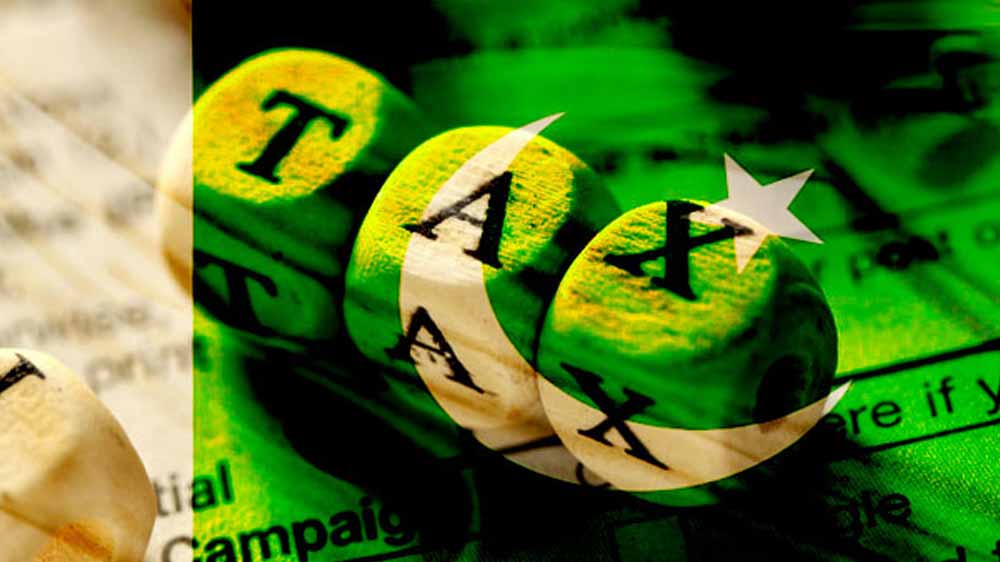Why to Become a Tax Payer in Pakistan
Taxes in Pakistan
Employed people and people in a business account for a considerable portion of Pakistan’s overall population. Even though our soil is home to thousands of working and industry professionals, our tax-to-GDP proportion is frighteningly low. So, why aren’t these people paying their fair share of taxes? Lack of knowledge is, after all, the primary cause of the government deficit. Most of the working class and salaried persons in the country are unaware of the multiple advantages of filing taxes.
In our country, tax collected from citizens is one of the most important sources of revenue for the government. Moreover, every Pakistani national has a legal obligation to pay taxes on his holdings. GOP and the FBR are working together to attract more people into the tax net by imposing penalties on non-filers of tax records and providing benefits to individual taxpayers in Pakistan.
FBR has begun delivering messages to people instructing them to apply for an NTN and have their identities added to the ATL after declaring lodging tax records compulsory for employed and business people.
Benefits of being on Active Tax Payer List(ATL).
Generally, a person who has registered as a taxpayer (active taxpayer with FBR) in Pakistan avails the following Benefits: –
- Banks withhold less tax at the origin of both profitability and cash transactions.
- While registering and transferring motor vehicles, you can save money on tax deductions (a tax that has already been collected from your earnings and profits).
- Purchase and sale of real estate are taxed at a lower rate.
- Capital gains on the selling of stocks have a reduced withholding tax slab.
- Taxes on dividends will be reduced.
- Prize bond winners are subject to a lower amount of withholding tax.
- Enables you to reclaim the tax that was incorrectly deducted.
- People on the active taxpayer’s list of FBR pay zero tax on money transfers such as demand drafts, cross-checks, or bill payments, whilst those who have not filed yet pay Rs.600 tax on transactions through banking channels.
- Taxpayers must spend only 0.3% taxes on cash withdrawals of more than RS 50,000, but non-filers must pay 0.6% tax.
- Active tax filers pay a 10% tax on bank profits and savings schemes, compared to a 15% tax for non-filers.
- If a filer imports raw resources, he would only have to pay a 5.5% tax on those imports, while a non-filer would have to pay an 8% tax.
- For business exports, exporters on ATL are only needed to pay a 6% tariff on items exported, while non-filer exporters must pay a 12% charge.
- The filer must pay a 4.5 per cent tax on items supplied to the government and businesses, while those who have not filed yet must pay a 9 per cent charge.
- Contractors who file taxes must pay a 7.5 per cent tax on contract amounts, whereas those who have not filed yet must pay a 15% levy.
- Active taxpayers pay a 15 per cent tax on award money received through prize bonds, while non-filers pay a 25 per cent tax.
- Similarly, tax filers pay a 12% tax on commissions, while non-filers must pay a 15% tax. Contrary to the non-filers, tax filers are only obligated to pay half of the tax deduction at source.
- Tax filers pay RS 15000 to RS 250,000 in withholding tax on car registration, while non-filers pay RS 25000 to RS 400,000.
Legal action might be taken against non-filers which may result in imprisonment of up to 3 years.
Fines and Penalties will be levied on the late submission of tax returns.
Want to Become a Tax Payer in Pakistan?
Roles of Taxes in National Development
The ability to produce revenue through taxes, known as “fiscal capacity,” is critical to every state’s operation ability. The ability to collect taxes from residents and spend that money properly is essential to a nation’s development and existence. Secondly, increased fiscal capacity means a country has more access to its resources to offer social programs.

The dilemma of The Under-Developed Countries
Developing nations can only collect a small portion of taxes. Usually, they receive 10% to 20% of the gross domestic product in the form of taxes compared to the whopping 30-40% of the developed countries. In elevated nations, the average is almost double, that is 40%.
These low rates are the result of a variety of issues; for example: the magnitude of the informal sector. Furthermore, most emerging countries depend on sales taxes, which are simple to handle than personal income taxes but generate less income.
Tax collection rates are low, which hurts development. Authorities are unable to pay for public services such as healthcare, transportation, and education due to these constraints. Even the Sustainable Development Goals, which attempted to establish effective, transparent, and accessible institutions at all levels, include income mobilization as a separate objective.
How to enhance taxpayer confidence in the state?
Building a financially conservative state will not yield immediate results. It requires a while to reform structures, and improvements in the legislation do not always translate into behavioural changes. However, it is critical to consolidate effective political institutions, provide robust safeguards on the executive’s discretionary power, and win the taxpayer trust.
Strong and inventive action above typical administrative methods is required to address these tax collecting issues in developing nations. Tax laws in low-income countries should adjust to the realities of the situation. This adjustment should be made in three different ways.
- The tax system must be seen as fair by the taxpayers/Citizens.
- The tax rates and the amount of tax that is to be paid by the taxpayer should be affordable.
- The state must focus on transparency and always be ready to account for the money collected from the taxpayer.
Want to Become a Tax Payer in Pakistan?

